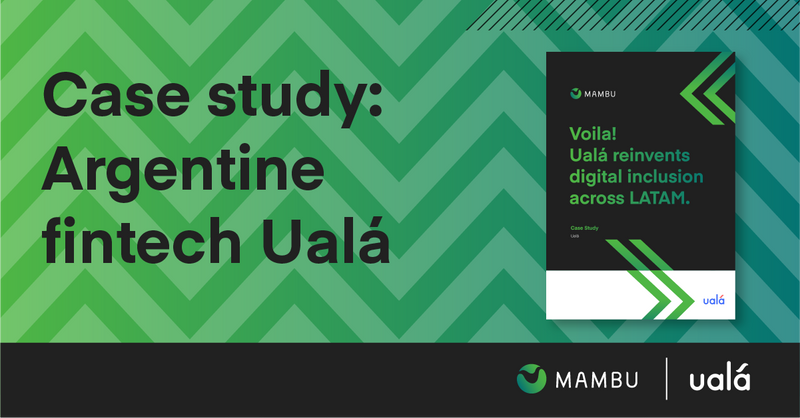Any government can brag about its expanding economy, touting robust economic indicators that paint a picture of productivity revving into fifth gear.
Inflation remains in comfort zones, and labour markets remain near that coveted “optimal” level. Exports are up, markets are booming, and factory floors are bustling to keep up with demand.
But in reality, all the glowing headlines in the world don’t mean anything to the unbanked. Good news falls on deaf ears when individuals and small businesses are blocked from achieving great things due to a lack of access to capital.

This rings particularly true in Latin America, where more than half of the population has traditionally gone unbanked., Yet this is a region where smaller businesses keep millions employed and away from the edge of financial abyss.
According to the Inter-American Development Bank, “micro, small and medium-sized enterprises (MSMEs) comprise a whopping 99.5% of the businesses, 60% of the employed population, and about 25% of the gross domestic product (GDP) in Latin America and the Caribbean.”
Many SMEs fund their businesses with only the cash they have in their pockets, and that needs to change if the region is to see more sustainable economic growth.
The United Nations has outlined 17 sustainable development goals deemed crucial to the future of humanity and our planet. Three of these goals aim to improve work and economic growth, industry, innovation and infrastructure, and reduce inequalities, and all three hinge on financial inclusion. The UN member states are crafting policies to adhere to these commitments.
The private sector, meanwhile, isn’t waiting and is moving ahead to spur financial inclusion with digital wallets.
Digital wallets have proven to be a good catalyst for financial inclusion, as they bank the unbanked by giving them access to introductory financial products. Once someone comes into possession of a digital wallet and, for example, a prepaid card, they begin making purchases – digitally more often than not – and a financial history is born.
New customers engage in bank or bank-like transactions without having to open up an account. Add to that, a financial institution can use AI to analyse customer and industry data to assess creditworthiness based on wallet behaviour.
A fintech, if it owns a banking licence through a subsidiary, can extend a loan to that customer much like a digital bank, or it can arrange one with a partner bank.
It’s no secret this business model is working, as the adoption of digital wallets is exploding across the planet. The number of unique digital wallet users stood at 3.4 billion in 2020, a figure that is expected to surpass 5.2 billion globally in 2025. Separately, the total spend via digital wallets stood at $5.5 trillion in 2020 and is expected to exceed $10 trillion in 2025.

The Argentine fintech Ualá is a living, breathing example of the value digital wallets can bring to a business.
Ualá launched in 2017 providing prepaid Mastercard accounts. A 100% digital offering, Ualá discovered value by addressing a lack of access to credit in markets where smartphone availability was high.
As a result, the fintech soon added consumer loans to its product offering.
The strategy worked, and today, Ualá’s more than four million issued cards provide opportunities for customers to manage their finances as well as develop and build credit histories without needing historically tough-to-access accounts from traditional banks.
Ualá has granted more than 85,000 loans to 50,000 users and more than 900,000 instalment loans (i.e., Buy Now, Pay Later) to more than 200,000 users.
All of the company’s loans are serviced on Mambu. The desire to tackle financial inclusion with technology coupled with the agility that comes from operating on Mambu’s high-velocity core has materialised into a winning business model for Ualá.
Ualá chose Mambu because the cloud offers ultimate flexibility, embraces simplicity and allows the bank to focus on creativity, innovation, and creating value-added services. Download the case study to learn more.
Download
